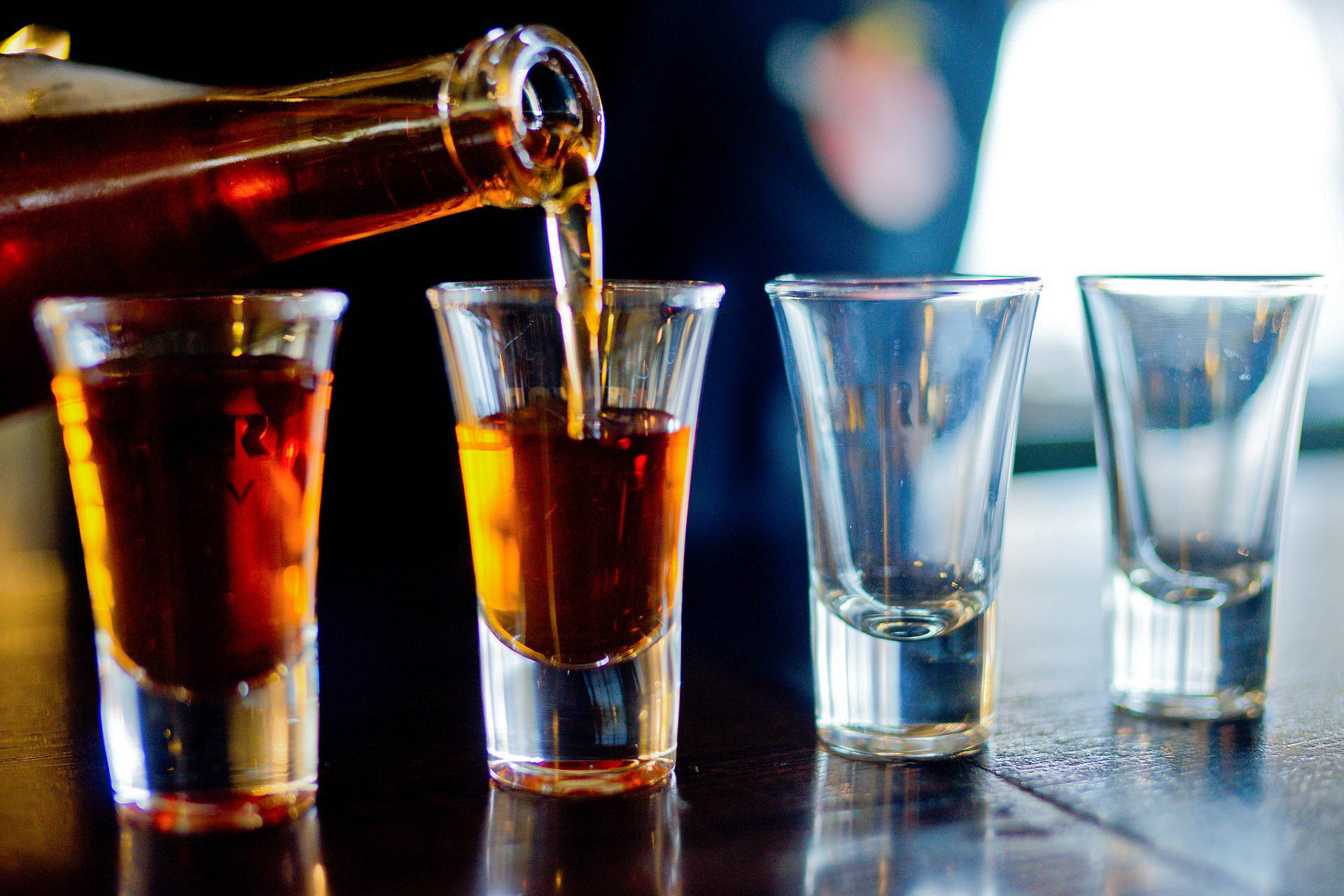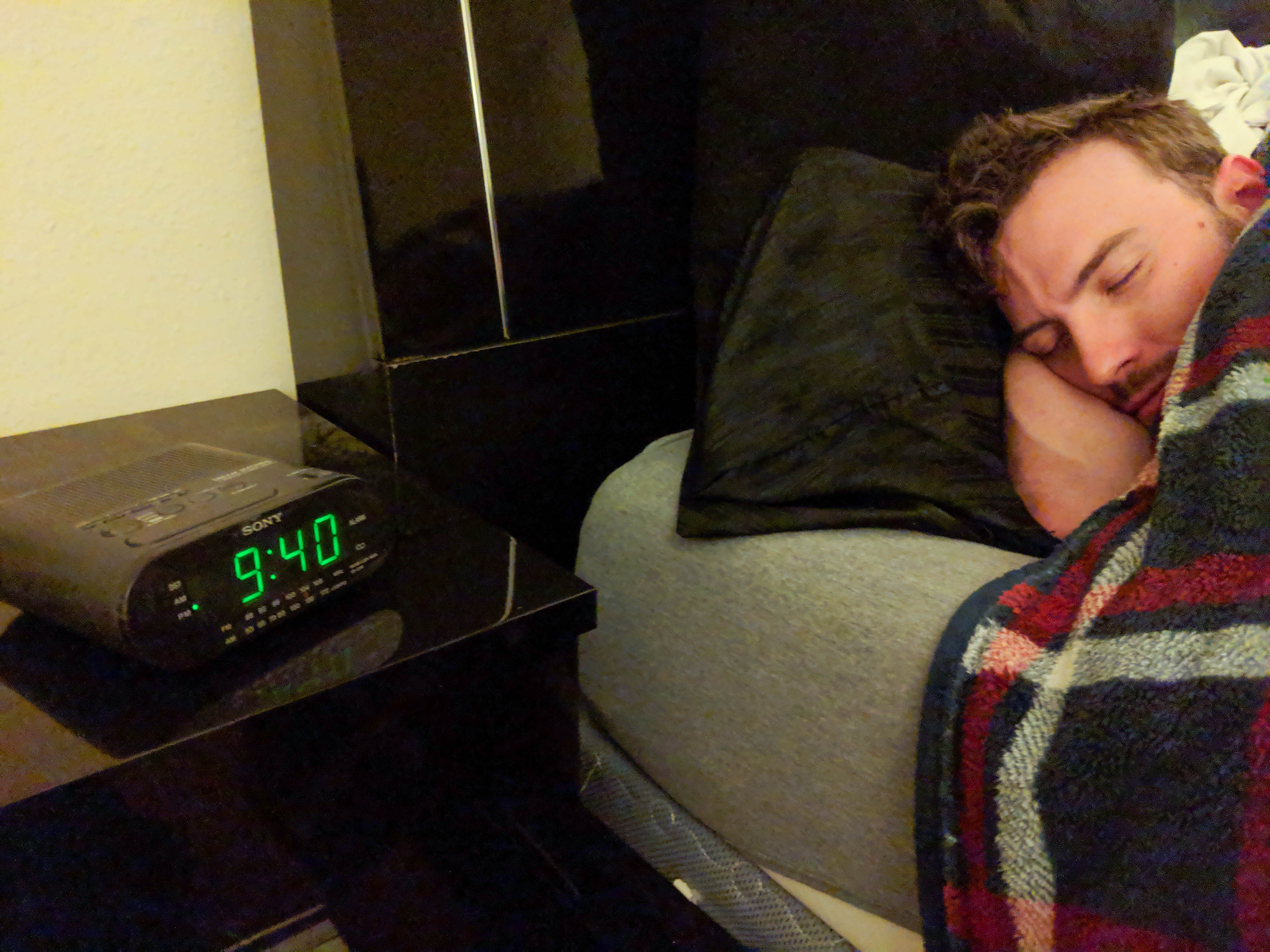Turning 18 is one of the most pivotal moments in our lives; high school is over and graduates have the freedom to decide on the next chapter. With this freedom comes a new responsibility of adulthood, yet 18-year-olds still cannot drink. The legal drinking age should be lowered to 18 so that all stages of adulthood have an equal balance of responsibility and privilege.
The current drinking age in the United States is 21 years old — an unrealistically long time to wait to legally pour yourself a glass of wine. Most college students do not turn 21 until their junior year, meaning three years of restraining against that alcoholic punch bowl at every college party.
However, it’s common knowledge that underage people, especially college students, drink anyways. The Center for Disease Control and Prevention reported that 11 percent of all alcohol consumed in the U.S. is done so by 12 to 20-year-olds. A similar survey for the Youth Risk Behavior Surveillance System found that 30 percent of all high school students openly admit to drinking alcohol.
Starting at age 18, people are legally considered adults and therefore have adult responsibilities on their shoulders. According to the National Conference of State Legislators, 18-year-olds have been tried as an adult in court beginning at 16. At 18, Georgia law allows one to purchase a rifle and get married without the permission of parents. 18-year-olds can even enlist in the U.S. military and risk their lives, but cannot have a drink. Statistically speaking, enrolling in the military is almost two times deadlier than drinking alcohol, according to the National Youth Rights Organization.
Because of these statistics, there is a severe imbalance of responsibility and privilege for young people.
Instead, underage people drink in secrecy, away from the prying eyes of the law. Even then, only two in every 1,000 instances of underage drinking results in an arrest, according to Choose Responsibility. A law so strict is ironically not so strictly enforced.
The fact that drinking is illegal for them also poses a real danger to young people when seeking help for alcohol poisoning.
According to Newport Academy, more than 200 underage people die every year from alcohol poisoning and other injuries involving alcohol. Their lack of treatment is rooted in the fear of going to a hospital and admitting to committing the crime of underage drinking, resulting in the deaths of hundreds of young people. If the drinking age was 18, rather than 21, that number could drop significantly because people would feel safe pursuing the medical help that they need.
The idea of legal drinking at 18 is not a new one — 61 percent of all countries have a drinking age of 18, including Australia, France, Italy and Mexico, according to the Pro-Con Organization. Twenty more countries have an even lower drinking age of 16, including Denmark and Germany.
“The U.S. is the only country I can think of that has a drinking age so high,” sophomore nursing major Kelly Kozusku said. “You can shoot a gun, but you can’t drink? That makes no sense.”
The U.S. should consider jumping on board with 61 percent of the world and lowering the drinking age to 18. Then, 18-year-olds can at least enjoy a drink while holding all of the responsibilities of adulthood on their shoulders.



